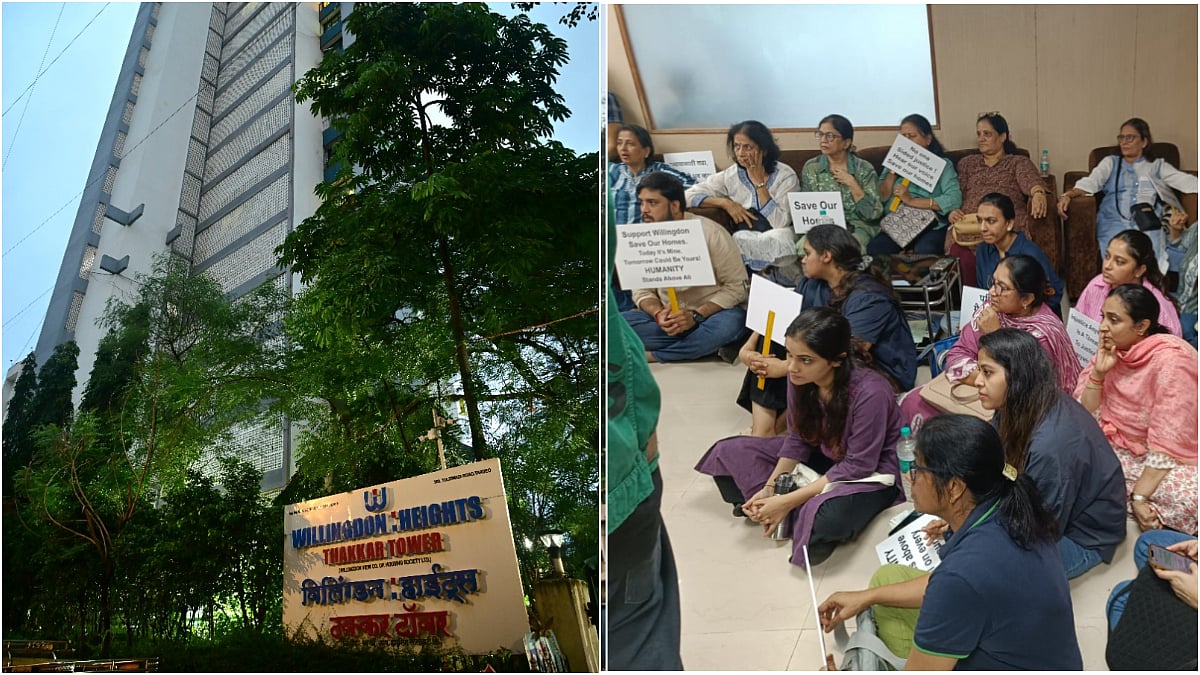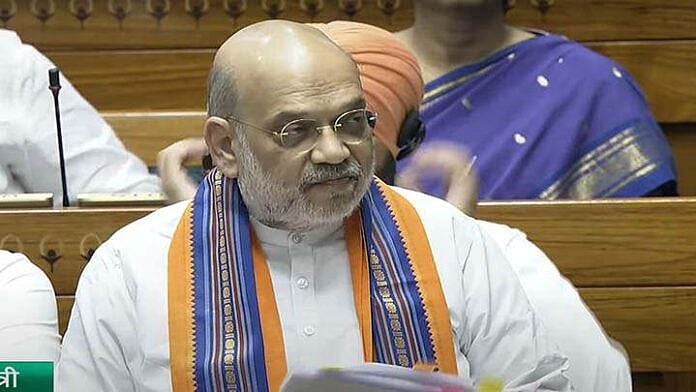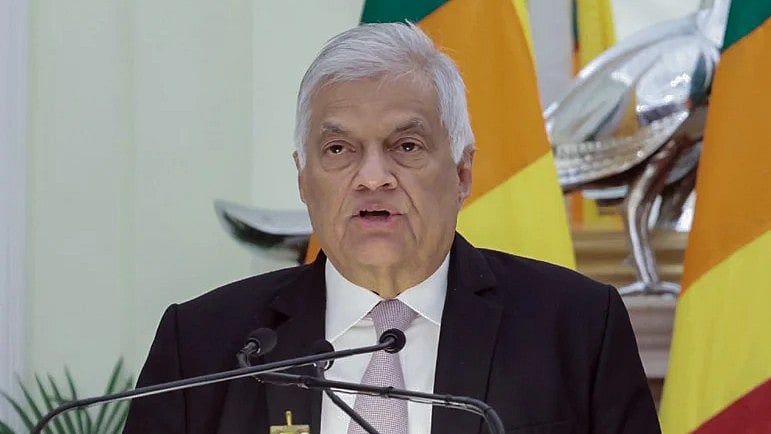The on-again, off-again status of bike taxis in Karnataka, and elsewhere in the country, exemplifies the outmoded nature of transport regulation governing highly congested metropolitan cities. Bike taxis in Bengaluru, globally the third most congested city, are again caught in the throes of uncertainty after the Karnataka High Court clarified that it had not passed any orders on a plea filed by transport aggregator companies to allow two-wheeler taxis, and the government could take any action without harassing individual bike owners. The services had resumed just two days earlier.
By citing congestion as a ground to prohibit bike taxis, the Karnataka government has upended transport logic and done itself a disservice. In the unplanned, narrow and often decrepit roads of third-world cities, two-wheelers are favoured by police, ambulance services and commercial delivery agents simply because they can move faster. In fact, the sunrise industry of quick commerce in India relies on two-wheelers, with delivery agents not facing hurdles in using any bike, including personal ones.
It is extraordinarily unhelpful, therefore, that the Karnataka government is unwilling to create a regulatory framework under Section 93 of the Motor Vehicles Act to enable regulated passenger transport on two-wheelers. Sound regulation would ensure quality of vehicles, background verification of drivers, safety, periodic inspections and, importantly, a system of filing complaints with authorities.
The problem is not confined to Bengaluru, several other cities, including Chennai, have allowed useful but laissez-faire services by thousands of share autorickshaws, whose operation has no basis in law. By leaving the newer app-based services stranded, state governments seem to confirm pressure from vested interests that have cornered the booming demand for urban mobility.
Efficient mobility is the basis for growth in consumption of goods and services, with a lot of evidence pointing to the GDP growth aided by transport investments. As Mumbai does in Maharashtra, the Bengaluru urban region holds a pre-eminent economic position, contributing nearly 40% of the Gross State Domestic Product, according to the State Economic Survey released in March. Yet, the city may have hit a peak, with transport gridlock stunting growth.
Metro Rail expansion has been agonisingly slow, and the existing network is already unable to cater to the travel demand. This is a time for the state government to make new transport schemes and act as a beacon for other cities. These innovations could be high-quality bus and van services under a city regulator but involving private participation to quickly scale up infrastructure on a gross cost contract basis. London and Singapore, where tightly regulated bus operations have made transport predictable, punctual and ubiquitous, complementing metro, suburban rail and tram services, are good examples. Bike taxis as last-mile connectors boost efficiency and cut costs. As the Karnataka High Court observed, the service is legal, so why not regulate and enable it?










